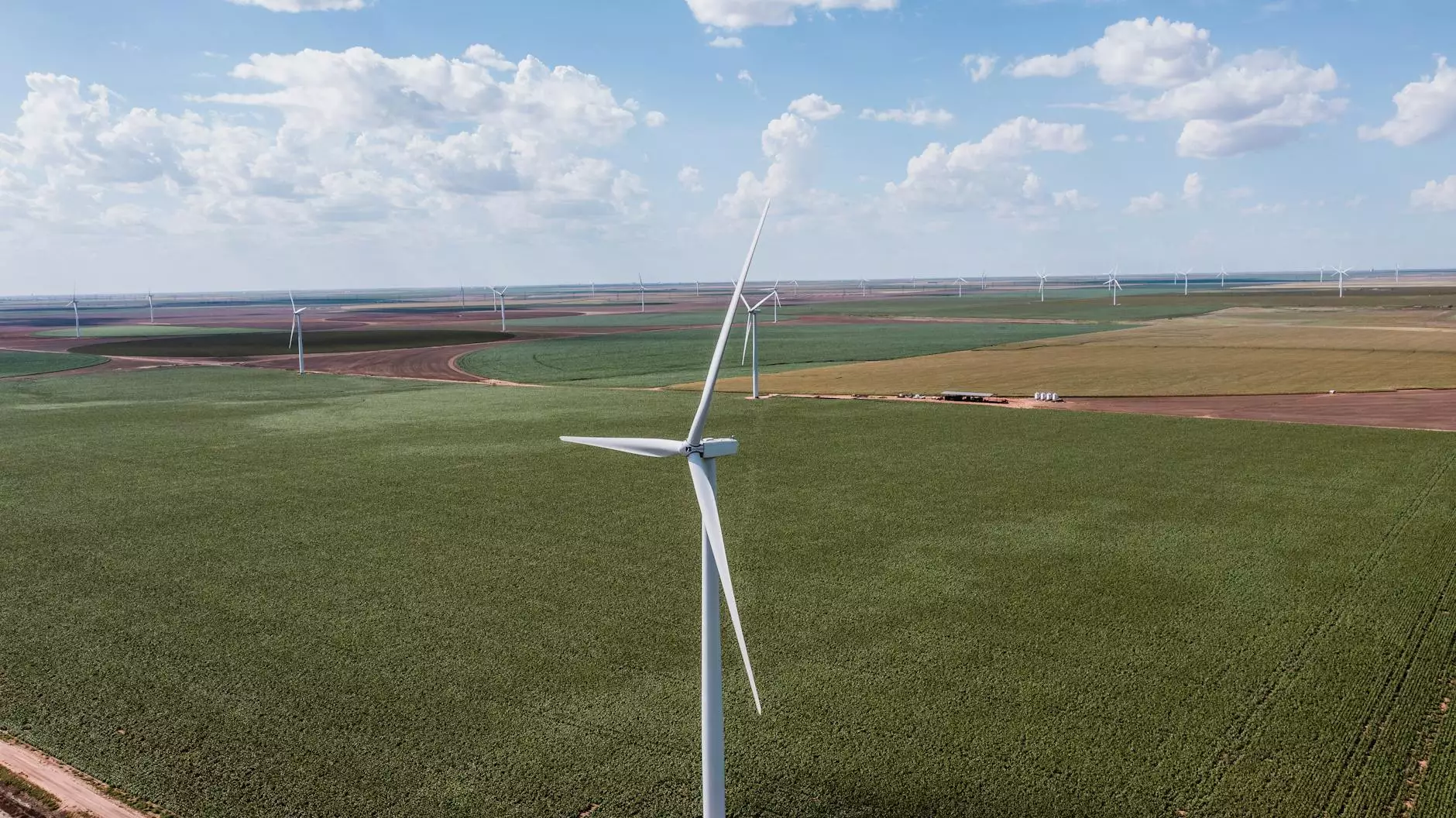Understanding Ambient Pressure PSI: Importance in Engineering and Repair Services

The concept of ambient pressure psi plays a crucial role in a variety of engineering disciplines. From auto repair and farm equipment maintenance to the intricate world of structural engineering, understanding this fundamental aspect of pressure can enhance service efficiency and maintenance protocols. In this article, we will delve into what ambient pressure psi is, how it applies to different engineering sectors, and why it is essential for skilled trades like those offered by Michael Smith Engineers.
What is Ambient Pressure PSI?
Ambient pressure refers to the pressure of the surrounding environment at any given point. It is essentially the atmospheric pressure that surrounds us and is typically measured in pounds per square inch (psi). Understanding ambient pressure is vital because it influences crucial processes in various engineering fields.
The Science Behind PSI
The unit of measurement, psi, stands for pounds per square inch. It quantifies pressure as the amount of force applied perpendicular to the surface of an object per unit area. To better comprehend this measurement, consider the following:
- 1 psi is approximately equal to the pressure exerted by a one-pound weight on a one-square-inch area.
- Standard atmospheric pressure at sea level is about 14.7 psi.
In engineering contexts, understanding how ambient pressure psi can change with altitude and weather conditions is essential for accurate assessments and operations.
Importance of Ambient Pressure PSI in Auto Repair
In the realm of auto repair, mechanics must account for ambient pressure when diagnosing and addressing issues related to fluid dynamics and internal combustion engines. Various applications include:
- Fuel Injection Systems: The performance and efficiency of fuel injection depend significantly on the ambient pressure, affecting how fuel mixes with air.
- Tire Pressure Monitoring: Tire pressure is directly related to ambient pressure, as tires can overinflate or underinflate depending on changes in atmospheric conditions.
- Air Conditioning Systems: The operation of HVAC systems in vehicles also relies on ambient pressure, which influences refrigerant behavior.
By considering ambient pressure, automotive technicians can provide more reliable diagnostics and enhance repair outcomes.
Ambient Pressure in Farm Equipment Repair
When it comes to farm equipment repair, the understanding of ambient pressure psi is vital. Agricultural machinery operates in varying atmospheric conditions, which can impact efficiency and performance. Key considerations include:
- Machinery Performance: Equipment such as tractors and harvesters rely on precise pressure measurements for optimal functioning. Changes in ambient pressure can affect engine performance and machinery operations.
- Hydraulic Systems: Many agricultural implements use hydraulic systems, which are sensitive to changes in ambient pressure that can lead to performance issues if not managed properly.
- Weather Adjustments: Farmers must often adjust their machinery settings based on environmental changes, taking into account the impact of ambient pressure on crop treatment and protection processes.
Understanding these factors empowers farm machinery technicians to perform effective repairs while optimizing machinery conditions under changing environmental pressures.
Structural Engineering and Ambient Pressure PSI
In structural engineering, ambient pressure psi is an essential factor that influences the design and stability of structures. Here’s why it matters:
- Load Calculations: Engineers must calculate environmental loads on structures, which includes recognizing how ambient pressure affects materials under stress.
- Material Selection: Different materials respond to ambient pressure differently; understanding these interactions is vital for selecting suitable construction materials.
- Ventilation Systems: Proper structural ventilation relies heavily on understanding ambient pressure, which impacts air flow and circulation in buildings.
Knowledge of ambient pressure assists structural engineers in creating safer, more efficient buildings that can withstand changing environmental conditions.
Challenges Related to Ambient Pressure PSI
Despite its importance, several challenges can arise from variations in ambient pressure psi:
- Variability: Ambient pressure can change due to altitude or weather conditions, which may complicate repair and construction processes.
- Measuring Techniques: Accurate measurement of ambient pressure is vital but can be challenging. Using calibrated instruments is necessary to ensure reliability.
- Understanding Impacts: Technicians and engineers must thoroughly comprehend how ambient pressure impacts their specific projects and repairs.
Addressing these challenges requires ongoing education and training in understanding ambient conditions and their implications.
Conclusion: The Role of Ambient Pressure PSI in Engineering Excellence
Awareness and understanding of ambient pressure psi are fundamental in various engineering fields, influencing how services are provided and operations are conducted. Whether in auto repair, farm equipment servicing, or structural engineering, recognizing the effects of atmospheric pressure can lead to improved performance, safety, and operational efficiency. For businesses like Michael Smith Engineers, ensuring employees are knowledgeable about environmental pressures is vital to delivering high-quality services in a competitive landscape.
As we advance in technology and our understanding of atmospheric sciences, the ability to incorporate ambient pressure considerations will only enhance the effectiveness and reliability of engineering practices. Embracing this knowledge is not only necessary for current applications but also for future innovations in the field.









